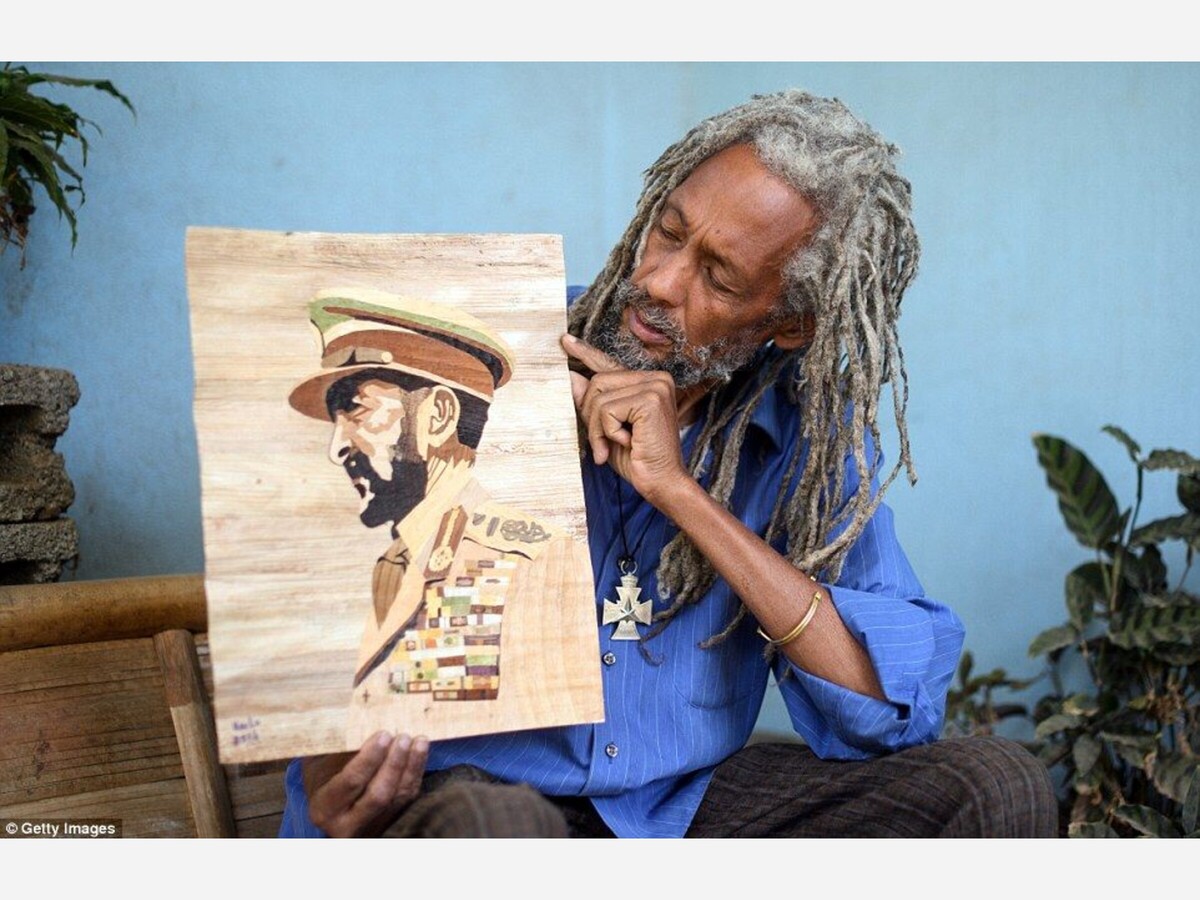Image


In the annals of human civilization, few plants have sparked such controversy and fascination as cannabis. Revered by some as a sacred herb capable of unlocking spiritual enlightenment, and reviled by others as the harbinger of moral decay, its journey through history is a tapestry woven with threads of mysticism, oppression, and resilience.
Ancient civilizations regarded cannabis not merely as a botanical curiosity but as a conduit to the divine. From the foothills of the Himalayas to the banks of the Nile, cannabis found its place in the rituals and medicines of cultures spanning the globe. Egyptian pharaohs offered it to their gods, while Indian sadhus sought transcendence through its smoke.
In the fledgling colonies of America, cannabis took root not only in the soil but also in the laws of the land. In 1619, the Jamestown colony mandated its cultivation, recognizing its value in producing essential fibers for ropes and textiles. Yet, even as it flourished in the fields, whispers of its medicinal properties echoed through the chambers of colonial physicians.
For centuries, cannabis remained a staple of apothecaries and medicine cabinets, prescribed by healers for ailments ranging from pain to insomnia. However, as the winds of societal change swept across the globe, attitudes towards cannabis began to shift.
In the Caribbean, the emergence of the Rastafari movement in the early 20th century brought cannabis to the forefront of spiritual and cultural resistance. Rastafarians saw in the herb not just a plant but a sacrament, a key to unlocking their connection to the divine. Yet, their reverence for cannabis put them at odds with colonial authorities, leading to persecution and violence.
In Jamaica, the Coral Gardens incident of 1963 stands as a stark reminder of the lengths to which governments would go to suppress the use of cannabis. But even as Rastafarians faced oppression, winds of change were blowing from the distant shores of Ethiopia.
When Emperor Haile Selassie I made his historic visit to Jamaica in 1966, he inadvertently catalyzed a shift in attitudes towards cannabis. His presence lent legitimacy to the Rastafari movement, prompting a reevaluation of cannabis not as a symbol of moral decay but as a vessel for spiritual enlightenment.
Today, cannabis continues its journey, intricately entwined within the tapestry of societies and cultures, navigating a landscape of shifting attitudes and regulations. From the corridors of power in governments worldwide to the bustling street corners of cities large and small, its legality and governance remain subjects of ongoing debate and contention. In the United States, at least, the future of cannabis appears more assured, as it persists as a relatively safe and lucrative cash crop in high demand. Yet, its presence still divides communities, serving as a potent symbol of the enduring tensions surrounding its use and regulation.